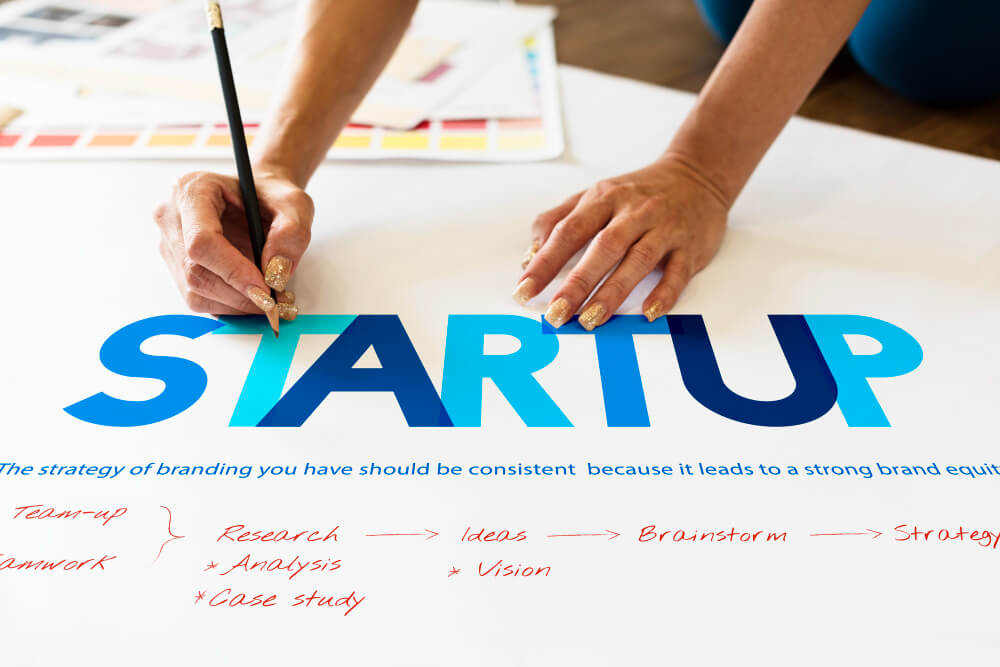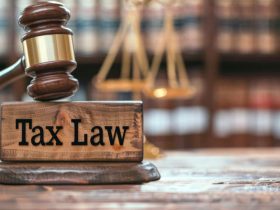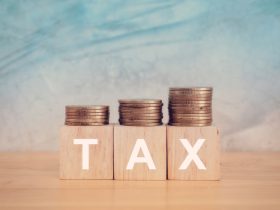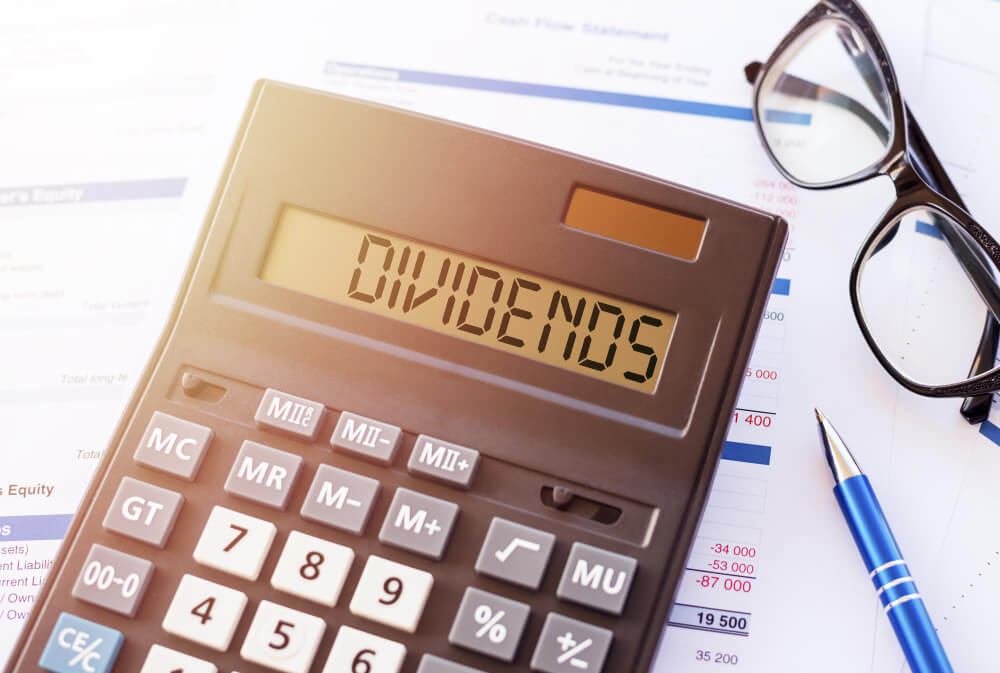The COVID-19 outbreak is having far-reaching financial impacts on individuals and businesses across the UK and the world.
The Government is providing support for the self-employed people in the UK under the Self-Employment Income Support Scheme.
This scheme allows HMRC to calculate and provide an appropriate taxable grant to self-employed individuals based on their average income ‘whose livelihoods are adversely affected by the COVID-19’.
However, accessing this SEISS scheme is no small feat.
So, read on to know about the Self-Employment Income Support Scheme in more details.

Table of Content
- What is SEISS, and can you use it?
- The updated SEISS grants announced on 24th September 2020
- Current and previous SEISS grants
- Eligible parents
- Who can claim SEISS grants?
- How to check your SEISS eligibility?
- What if you’re eligible to claim SEISS grants?
- How to claim for SEISS grants?
- How is the SEISS claim calculated?
- What happens after your claim for SEISS?
- How do you report receipt of the SEISS grant for tax purposes?
- What if you’re not eligible for the SEISS grants?
- Final Thought
What is SEISS, and can you use it?
The Government set up the SEISS scheme to give self-employed support, working either as a sole trader or a Partner in a partnership and who have been trading during part of the 2018-19 tax year.

On 1 July 2020, the scheme was extended to provide payments to certain self-employed individuals who did not originally qualify based on their trading profits or total income in 2018-19 because they had parental responsibilities or were a military reservist.
Currently, there are two grant payments available for different amounts under the SEISS scheme.
You must apply for each one grant separately and consider your eligibility.
You can only be able to claim the SEISS grant if you meet the relevant eligibility conditions when you apply.
If you meet all the eligibility conditions to claim the SEISS grants, you can still work in your business or do other work such as new employment or volunteering.
On 24 September 2020, a further extension to the SEISS scheme was announced to help those eligible for the original two SEISS grants that are actively trading and have reduced demand because of the COVID-19 outbreak.
The extension is in the form of two additional grants for the self-employed.
The first one of these extension grants will cover the three months from 1 November 2020 to 31 January 2021.
The second extension grant will cover the three months from 1 February 2021 to 30 April 2021.
The claim windows for each SEISS grants are as follows:
| The 1st grant | The 2nd grant | The 3rd grant | The 4th grant | |
| Closing deadline | The claim window is now closed | The claim window is now closed | 1 November 2020 to 31 January 2021 | 1 February 2021 to 30 April 2021 |
| Max grant amount | £7,500 | £6,750 | £7,500 | TBC |
| Can my accountant apply on my behalf? | No | No | No | No |
| Who can apply | See eligibility criteria |
HMRC has also mentioned several examples on GOV.UK to illustrate in detail how they are interpreting the ‘adversely affected’ condition.
Let’s know these extended and updated grants in details,
The updated SEISS grants announced on 24 September 2020
On 24 September 2020, the Chancellor Rishi Sunak announced a further expansion of the SEISS.
The SEISS has been updated. The proportion of profits covered by SEISS grant from 1 November 2020 to 31 January 2021 increased to 80% of average monthly trading profits, capped at £2,500 per month.
That means the maximum grant will increase to £7,500.
Current and previous SEISS grants
The 4th Tranche of SEISS
There will be another tranche of the SEISS grant for those people whose trade continues to be adversely affected by COVID-19 after 1 February 2021 until 30 April 2021.
The UK government is yet to announce the percentage of the average monthly trading profits it will be paying.
The 3rd Tranche of SEISS
The SEISS grant scheme has been extended for those people whose trade continues to be, or is now, adversely affected by COVID-19.
If you’re eligible for the third tranche of the grant, and your business is being adversely affected, you can make a claim till 29 January 2020 using HMRC’s online system.
The 3rd grant is also taxable and worth 80% of your average monthly trading profits, paid out in a single amount up to a maximum of £7,500.
The grant will be paid in a lump sum, just like all the previous payments.
The 2nd Tranche of SEISS
The 2nd tranche of SEISS scheme was an extension of the 1st tranche but only allowed you to claim a taxable grant worth 70% of your average monthly trading profits over the 3 tax years if your business had been adversely affected on or after 14 July 2020.
The 1st Tranche of SEISS
The 1st tranche of SEISS grants allowed you to claim a taxable grant worth 80% of your average monthly trading profits over the 3 tax years to 2018-19, paid in a single up to a maximum amount of £7,500.
In case you were eligible, and your business was adversely affected by COVID-19, you needed to make your claim for the first grant on or before 13 July 2020.
The deadline for claiming the grant has now passed.
So you could only claim a maximum of £6,570 between 17 August and 19 October 2020.
The deadline for claiming the grant has now passed.
Eligible parents
Parents who are self-employed and whose income may have been affected if they took time out to have children can also be able now to claim Self Employment Income Support Scheme if they meet their eligibility criteria.
Visit GOV.UK for more information, including an online form.
Who can claim SEISS grants?
You can only claim SEISS grants if your average trading profit over the three tax years to 2018-19 was less than £50,000.
Also, over 50% of your income over that period must come from self-employment, and you need to meet all the following criteria:
- You must carry on a trade which has been adversely affected by COVID-19.
- You traded in the 2018-19 tax year & submitted your self-assessment tax return to HMRC on/before 23 April 2020 for that year.
- You traded in the 2019-20 tax year.
- You must be intending to continue to trade in the 2020-21 tax year.
For the 3rd and 4th grants, HMRC has said:
To be eligible for an extension of grants, self-employed individuals, including members of partnerships, must:
- Be eligible currently for the SEISS.
- Declare that they’re currently actively trading and intended to continue to trade.
- Declare that they’re impacted by reduced demand due to COVID-19 in the qualifying period (the qualifying period for the grant extension is between 1 November and the date of claim).
How to check your SEISS eligibility?
You can check online to find out if you are eligible to claim the SEISS grants.
Your tax agent or tax adviser cannot claim on your behalf.
You’ll need:
- Your Self Assessment Unique Taxpayer Reference (UTR) number – if you don’t have this, findout how to get your lost UTR number.
- Your National Insurance number.
You can use HMRC’s online tool to check your eligibility for SEISS.
What if you’re eligible to claim SEISS grants?
If you want to claim under the 3rd tranche of the grant, you must make your claim in November.
To claim you’ll need,
- Your Government Gateway user ID & password – If you do not have a user ID, you can create one when you make your claim or check your eligibility.
- Your bank details including Bank account number, sort code, name on the account, your address linked to your bank account.
You will have to confirm to HMRC that your business has been adversely affected by COVID-19.
HMRC has confirmed that it will check claims and take appropriate action to withhold or recover payments found to be dishonest or inaccurate.
How to claim for SEISS grants?
You must make a claim yourself.
Your tax agent or tax adviser must not claim on your behalf because this will trigger a fraud alert, and you’ll have to contact HMRC.
That will cause a significant delay in receiving your payment.
You can start your SEISS grant claim using the online system of HMRC.
How is the SEISS claim calculated?
You’ll get a taxable grant based on your average trading profit over the 3 tax years:
- 2016-17
- 2017-18
- 2018-19
HMRC will work out your average trading profit by adding your total trading profits or losses for the three tax years, then divide the total by three.
The third grant will be calculated at 80% of your average monthly trading profits, paid out in a single installment covering three months, and capped at £7,500 in total.
The online service will tell you how the amount of grant is calculated.
HMRC has provided several examples showing how it’ll calculate your average trading profits, including if you have not traded for all 3 years.
What happens after your claim for SEISS?
Once you have submitted your claim, you’ll be told immediately if your grant is approved.
HMRC has said it will pay the grant into your bank account within 6 working days.
You must keep a copy of all records in line with normal self-employment record keeping requirements, including:
- The amount claimed.
- The claim reference number.
- Evidence which your business has been adversely affected by COVID-19.
How do you report receipt of the SEISS grant for tax purposes?
The grant is taxable, so you will need to report it:
- On your Self Assessment tax return
- As self-employed income for any Universal Credit claims
- As self-employed income and that you’re working 16 hours a week for any tax credits claims
What if you’re not eligible for the SEISS grants?
If you’re not eligible for SEISS grants, there may still be other support available to you such as Universal Credit or the COVID-19 Bounce Back Loan Scheme – you can use the Government’s Business Support Finder to check.

Final Thought
We hope that this brief guide has provided some clarity regarding the SEISS grants and its extensions.
If you are self-employed and meet all the criteria, then you can use the SEISS scheme.
Finally, it is always advisable to contact a professional for further help and advice in this challenging and unprecedented time.











Leave a Reply